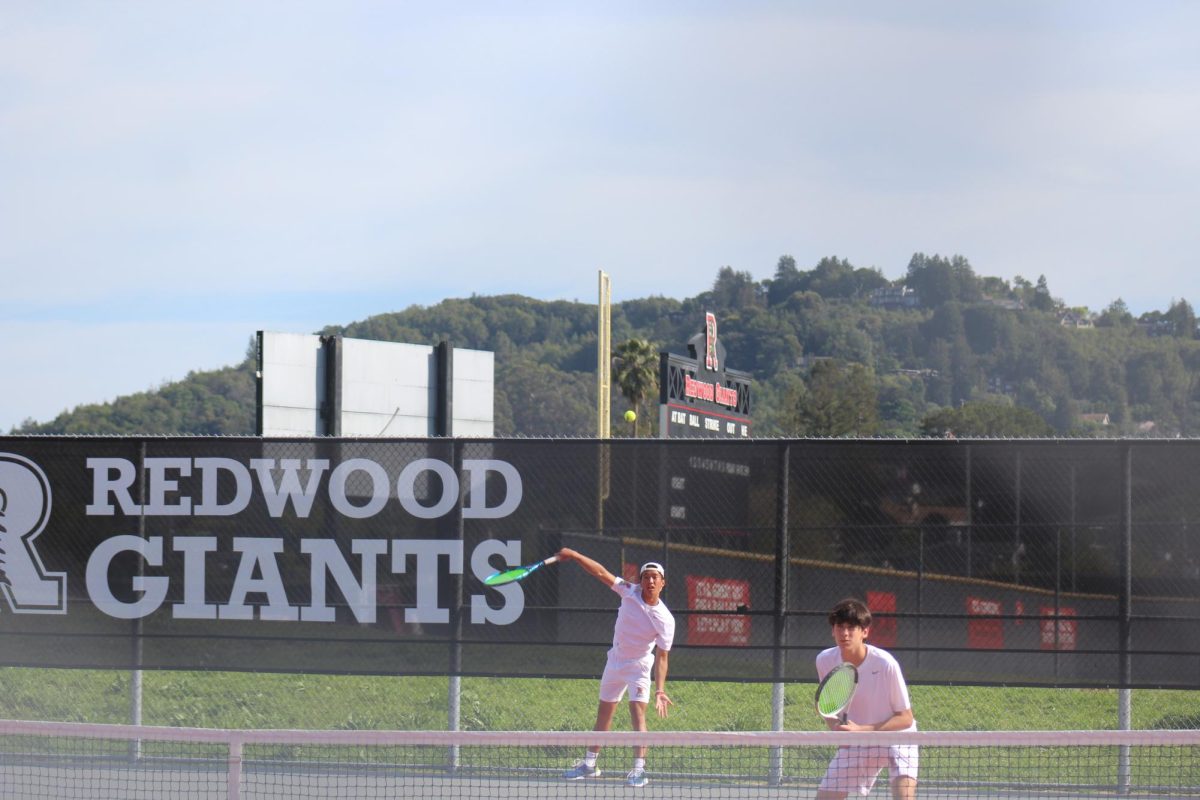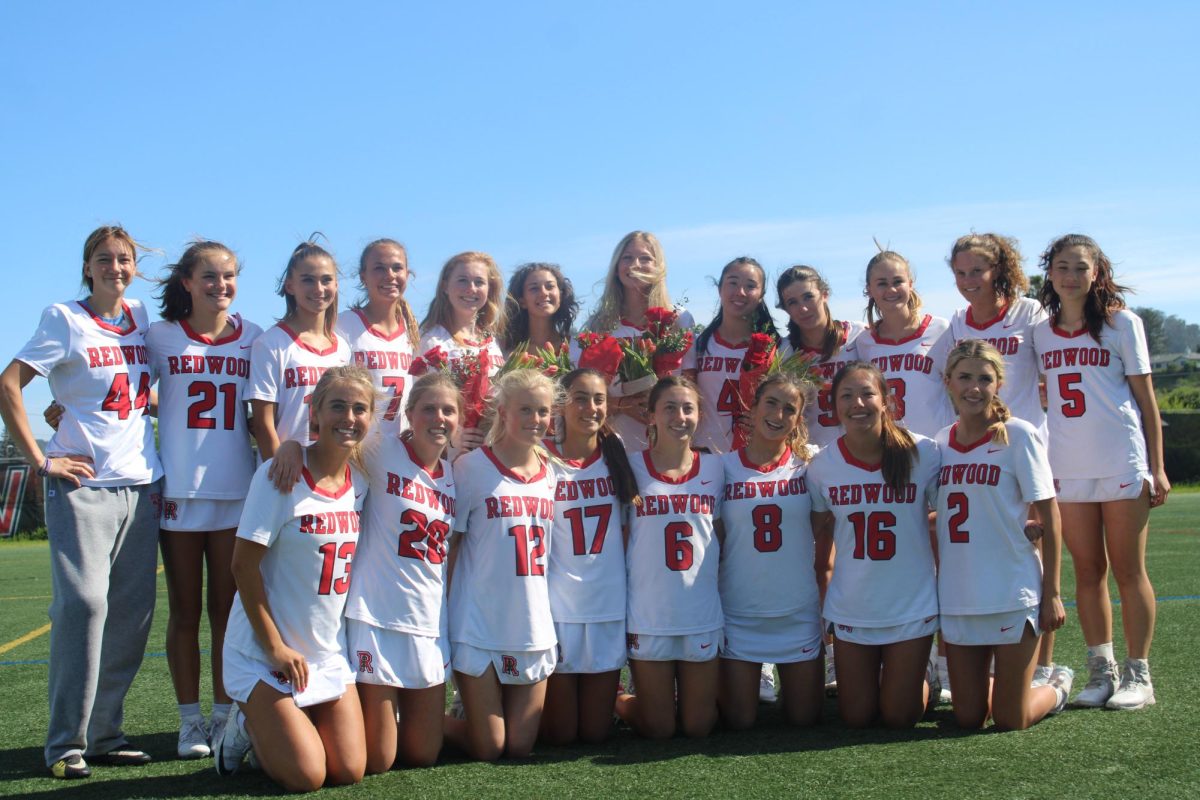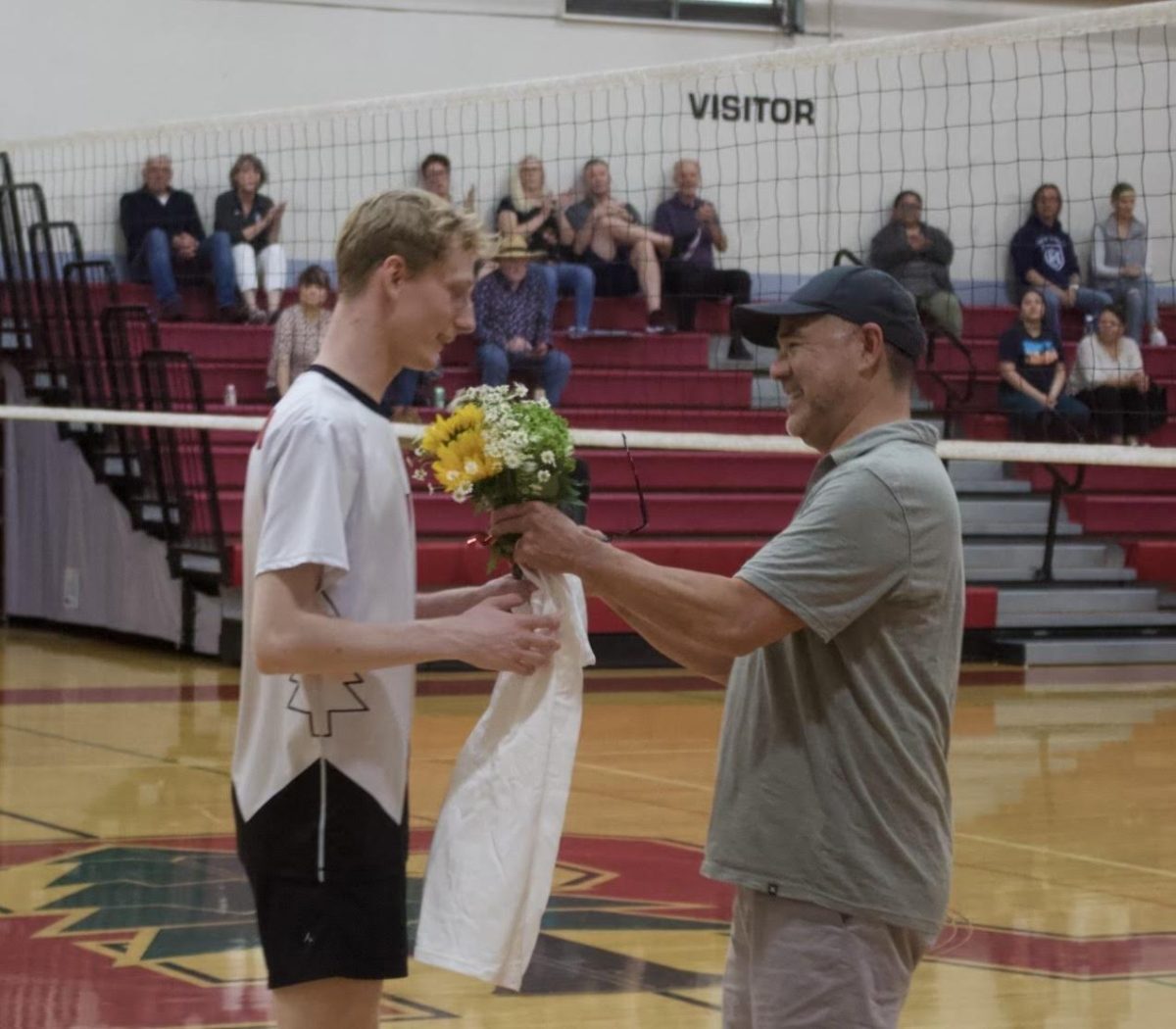From Cuban regime to secret surfers; Don’t miss ‘Havana Libre’
April 15, 2022
Before his death in 2016, the communist ruler of Cuba, Fidael Castro, outlawed any forms of water activities to prevent residents from attempting to flee his regime. While Castro’s rule may have ended, the lasting effects of his communist ideals have stuck. Capturing the rarity of water sports, filmmaker Corey Mclean found the few Cuban residents who rebelliously choose to partake in surfing. “Havana Libre,” which premiered at the Santa Barbara Film Festival, tells the story of the few in Cuba who have a passion for surfing—those who live and breathe for it.
A few years ago, these surfers acquired the only surfing CD’s attainable in Cuba. Nobody knew anything about the sport and nobody knew the potential Cuba held to be a world class surfing destination. After watching the videos, they began making boards out of recycled materials in hidden sheds as well as secretly practicing their passion whenever they had the chance. Fast forward to 2022, these surfers are still determined to complete their mission of legalizing the sport despite the opposition from the government.
The film begins with an introduction of Frank, one of the few Cuban residents who is an adamant surfer. Frank believes that it is “brave to live in Cuba, but even braver to practice the art of surfing.” Frank is filmed walking on local streets past old crumbling buildings and cobblestone streets. The quality of the film is so clear that it makes the viewer feel as if they are experiencing local Cuban culture. This documentary’s use of videography is unique because it tells the untold story of multiple peoples struggles, each solving their problem in their own manner. It lets the viewer feel the frustration of the surfers as they barely make progress within their country, as well as the joy once success has been accomplished. An interview with Frank shows the first time he ever saw someone surfing in a magazine that a tourist left behind. As Frank delicately sands his board and dedicates it to his newborn daughter, you can see the smile light up on his face. He hopes one day his daughter can express that same joy openly in Cuba.

Yaya, the second surfer featured in the film, takes her passion for surfing to an activist stance—attempting to legalize surfing as a sport in Cuba. The film shows her many frustrating attempts to talk with the head of government who controls sports, the National Institute of Sports and Recreation (INDER), but she has no luck getting through. Yaya even tries to speak with them in person, but her requests are ignored. Still, this failure doesn’t stop her and Frank from showing the Cuban people that there is legitimate surfing in Cuba that needs to be recognized.
To combat the government’s resistance towards permitting surfing, Yaya decides that the only way for the government to understand the role surfing plays in many citizens’ lives is to film the surfers. As she makes her short film (seperate from the documentary), they travel up and down the Cuban coast hitting the hidden surf spots such as Manati, Camalote and even Guantanamo Bay.
Towards the end, the Cuban surfers reach small victories, but those victories come with a price. Frank is invited to participate in an Olympic qualifying event in Peru, however, the government makes it clear that if he goes he will be risking his citizenship to his country, which means being separated from his wife, daughter and everything that he loves. Despite the risk involved, he defies the oppression of his country and accomplishes something extraordinary. In the end, Frank is able to return safely home. Meanwhile, Yaya opens up her own surfing competition and camp with children, passing on the knowledge and passion of surfing to the young.

What struck me most when watching this film is how following your passion in Cuba becomes a political issue. Something as simple as riding a wave created national discord and formed unity over a fight for civilian rights. I would recommend this documentary if you are interested in the ties between politics and passion.





















